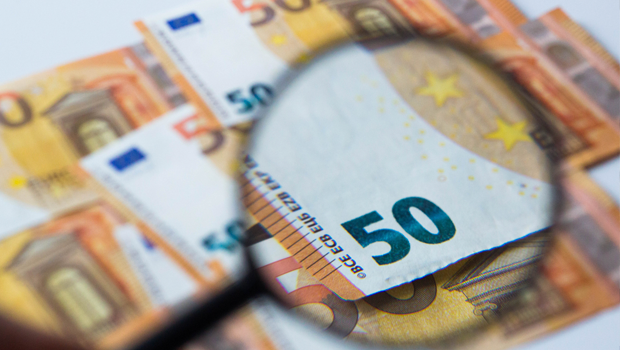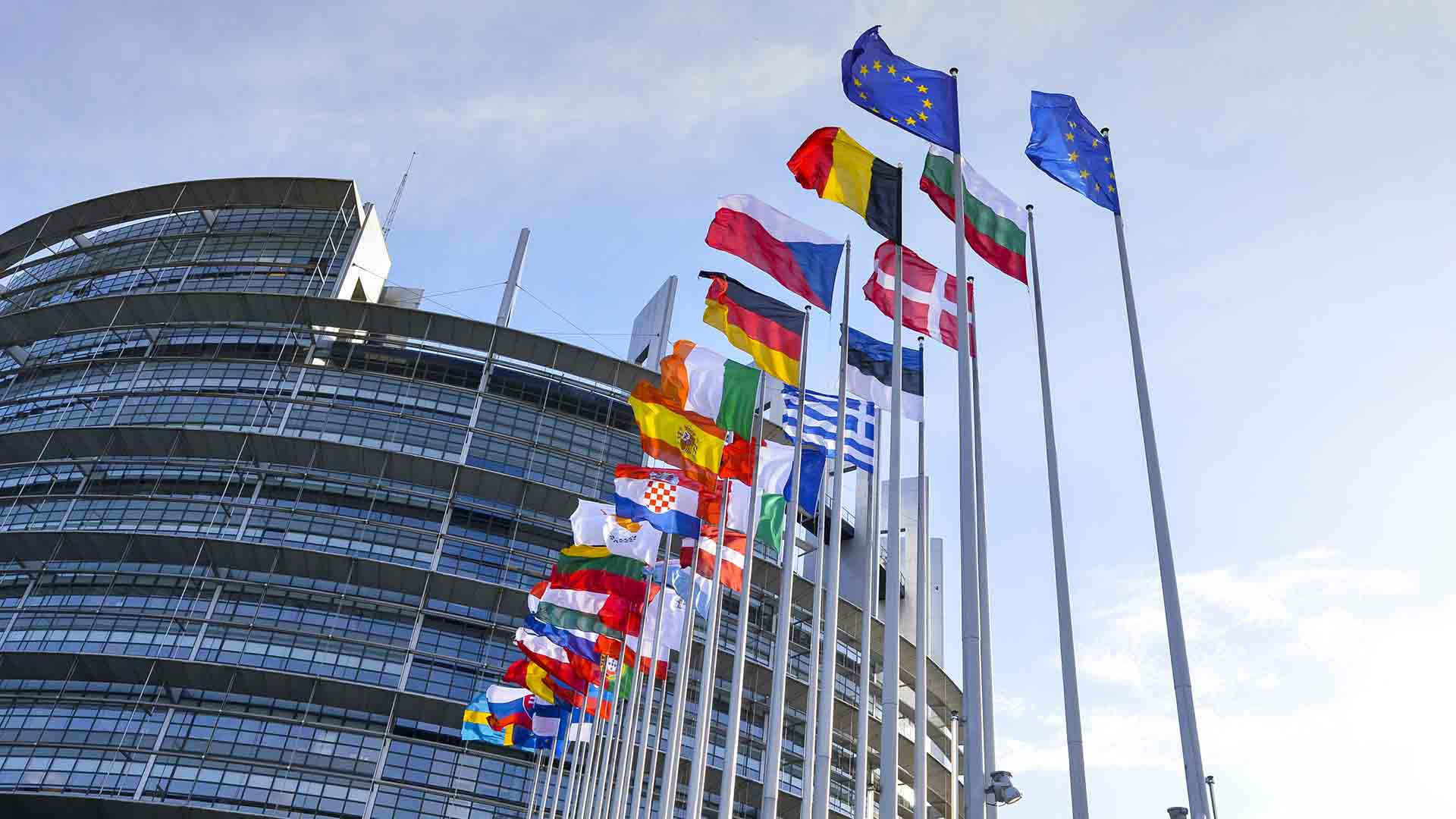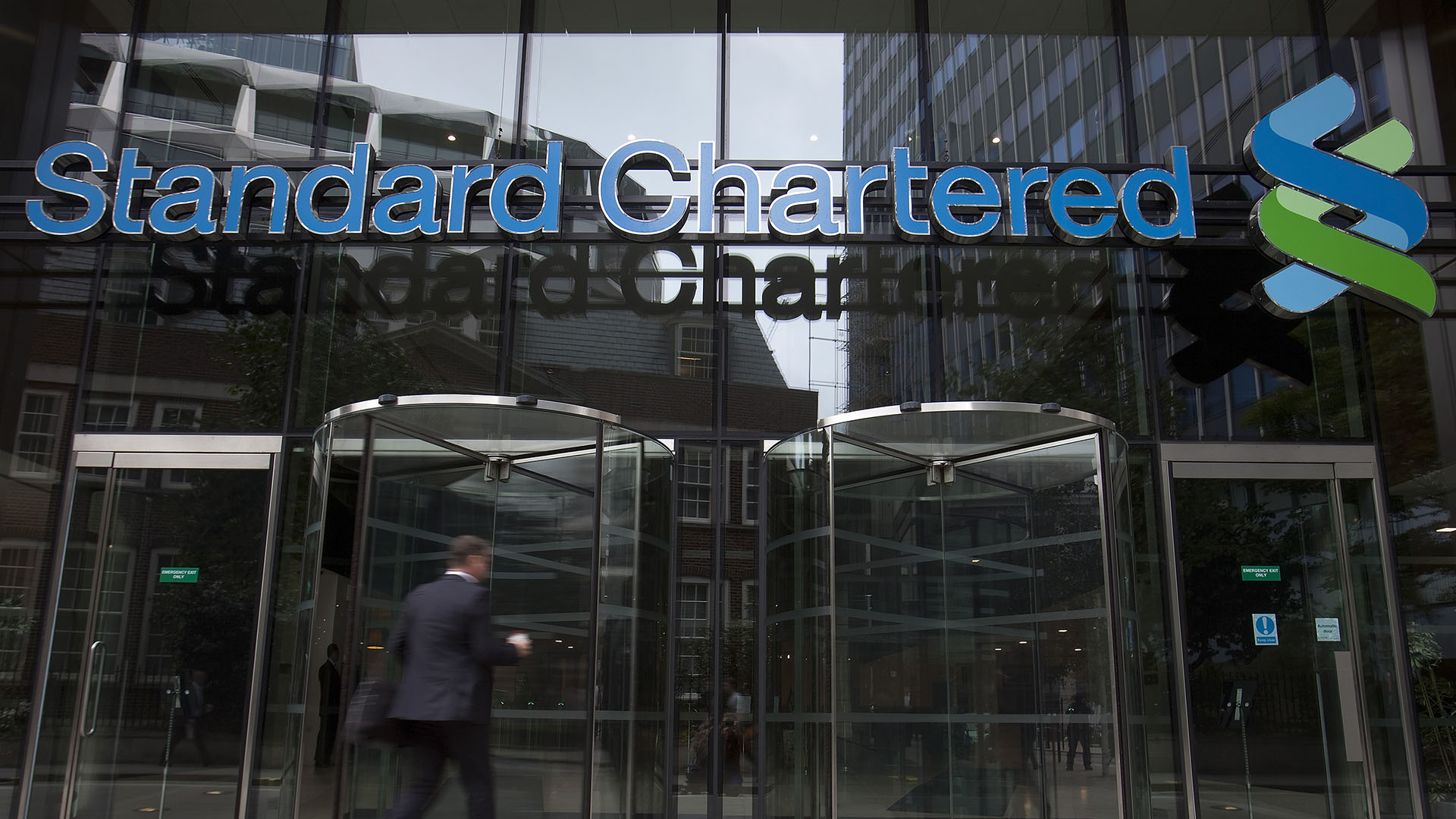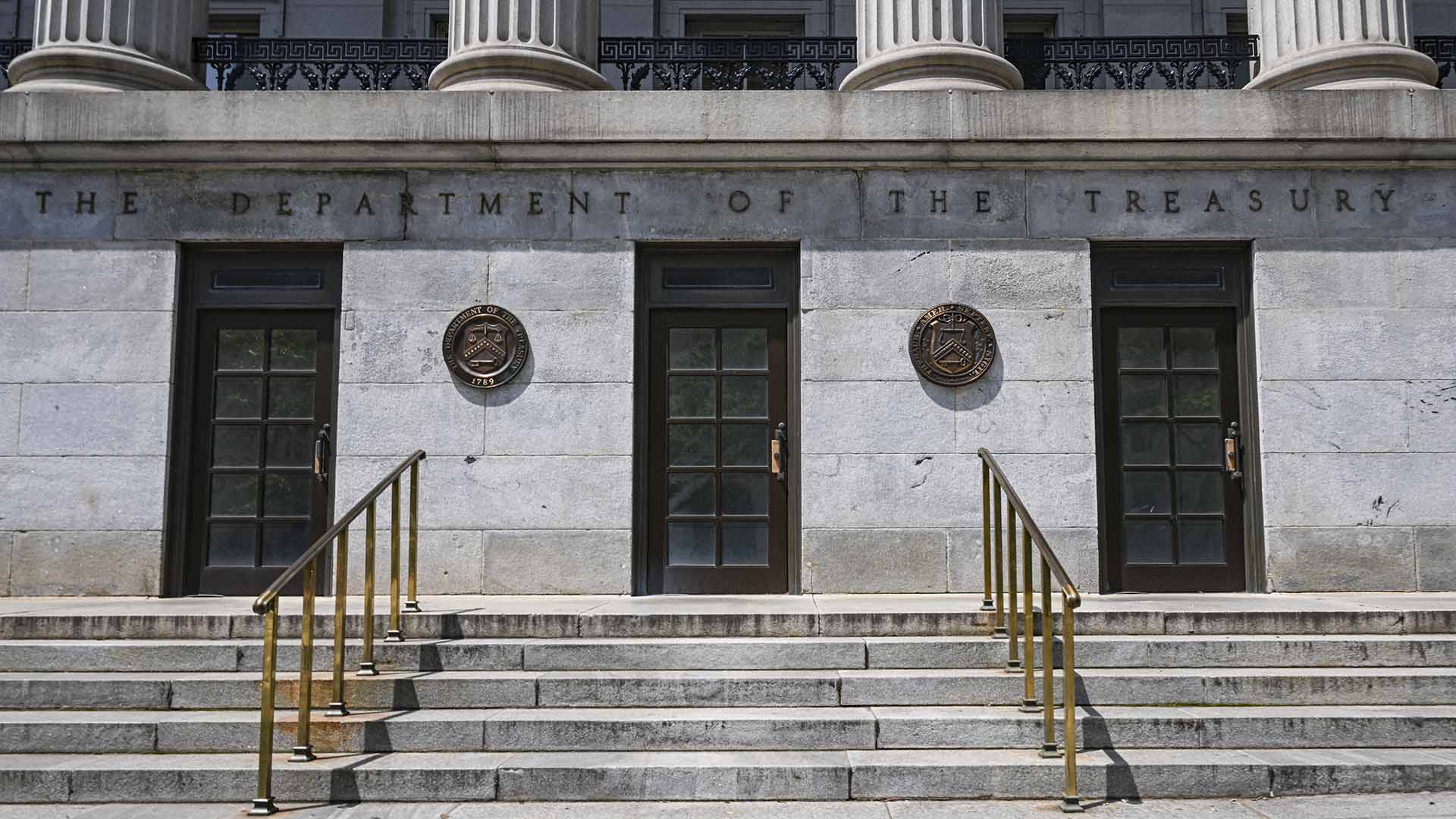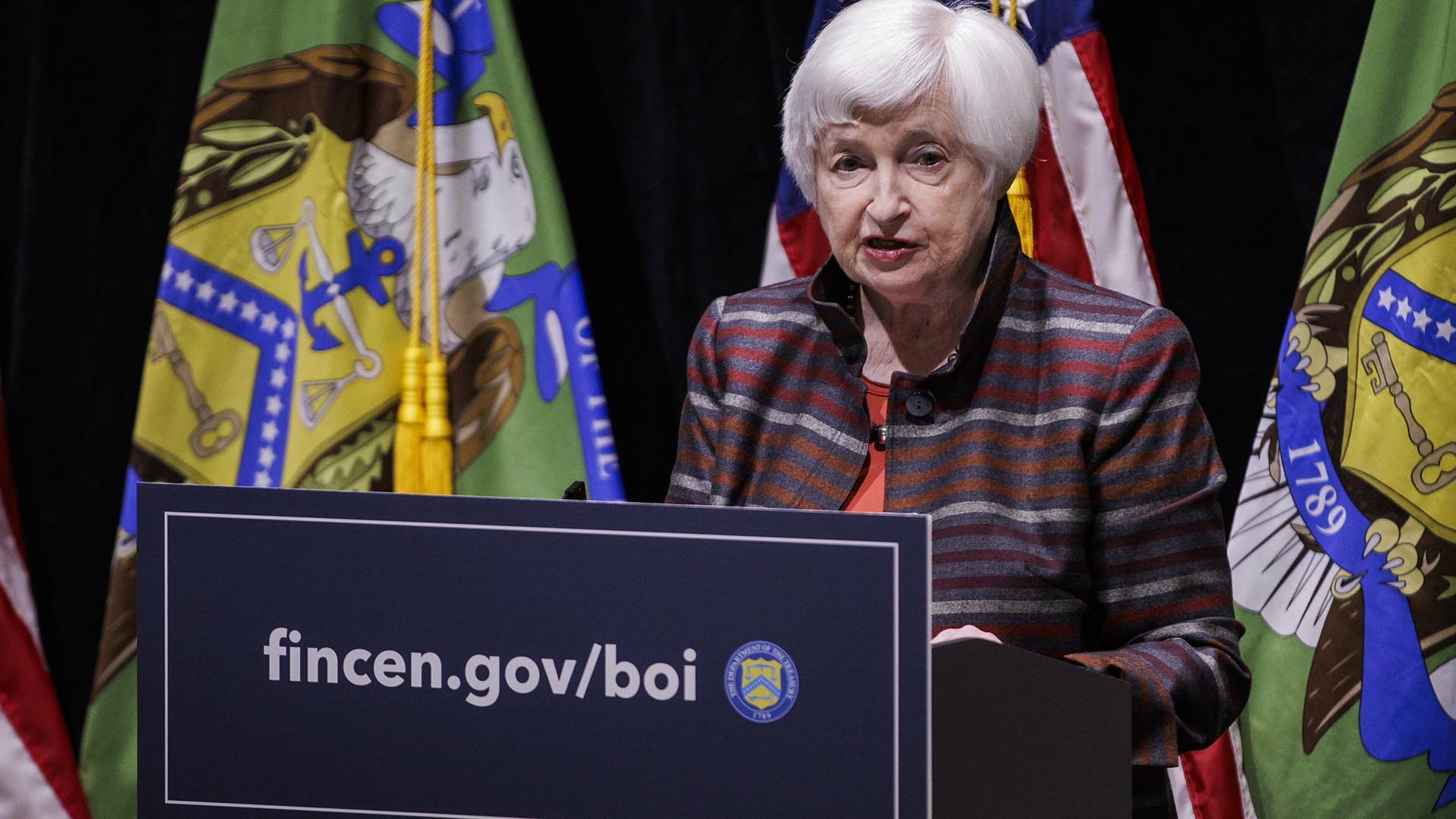Criminal networks in Europe are increasingly mixing illicit finances with seemingly legal businesses, and exploiting new technology to grow their operations and launder money faster than authorities can keep up, a new Europol report revealed.
Nearly 70% of criminal elements operating in the European Union use money-laundering techniques to garner revenue and hide assets, degrading the region’s financial stability and impeding its economic growth, according to the European Financial and Economic Crime Threat Assessment report released last week by the EU’s law enforcement arm, Europol. The increasing speed of deception is outpacing authorities which are struggling to uncover and prosecute financial crimes.
Though trade and technology have connected a globalized world, criminals are increasingly using modern advances to profit, Catherine De Bolle, the executive director of Europol, wrote in the report.
“Organised crime has built a parallel global criminal economic and financial system around money laundering, illicit financial transfers and corruption,” De Bolle said. “The ability to launder illicit proceeds on an industrial scale, to move them through a web of criminal financial brokers, and to corrupt the relevant actors, has become indispensable for modern organised crime.”
As services went virtual during the COVID-19 pandemic, digital banking has helped open new doors for criminal networks looking for a toehold in the financial system. Online banks, with no physical branches or offices, now offer nearly anonymous international deposits at lightning speed, making nefarious activity difficult to detect.
The Europol report cited ICIJ’s 2021 Pandora Papers investigation as an example of how criminal enterprises have found ways to hide beneficial ownership and evade sanctions through the use of intermediaries and offshore firms. The report also highlighted the criminal use of third countries to move money connected to Russia in defiance of Western sanctions levied against the country following the 2014 invasion of Ukraine.
The global nature of money laundering was further exposed in ICIJ’s 2020 FinCEN Files investigation, a collaboration with BuzzFeed News, that showed how transactions through U.S.-based banks allowed over $2 trillion in suspicious transactions to flow internationally.
The investigation found that banks like JPMorgan, the largest bank in the United States, moved money for individuals and entities connected to the theft of public funds in Malaysia, Venezuela and Ukraine.
Following outcry from ICIJ’s investigation, U.S. lawmakers introduced a wide-ranging anti-money-laundering bill that required the Treasury’s financial crimes unit, FinCEN, to increase transparency and weed out anonymously-owned shell companies by creating a registry of company owners.
Though it is scheduled to be implemented in early 2024, the rollout of the company ownership database has been fraught with political disagreement and delay.
In Europe, company registries are also facing challenges. A 2018 EU regulation that required member states to publish company ownership registries was struck down by the EU’s Court of Justice in 2022, drawing criticism from transparency advocates.
Despite the difficulties, according to the Europol report, criminal asset seizures have been growing in the EU over the past decade, from approximately 2.4 billion euros (about $2.6 billion) per year in the early 2010s, to 4.1 billion euros (about $4.4 billion) per year in 2020 and 2021. Even still, De Bolle estimated that EU authorities are confiscating less than 2% of criminal organizations’ annual earnings, money that is hidden across the globe.
“This is not something one police force or country can change by itself,” De Bolle said, “we must strengthen existing cooperation and partnerships, and develop new approaches.”
